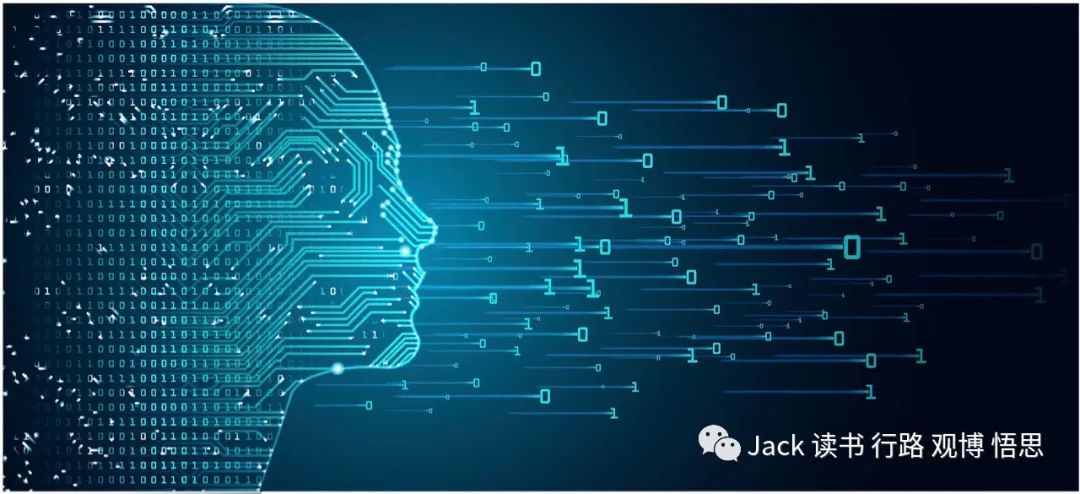
Our world today is filled with data flows and algorithms. Data is everywhere, and our decisions are sometimes impacted by the advice of data flow. When we browse the internet and visit a website, we can always see a sentence like this: “Do you accept our cookie policies?” For example, my mother’s Taobao account receives lots of messages that ask her if she wants to buy a similar product she searched or bought before. Cookie policies are built upon your data and your personal information. Indeed, in the new information era, through controlling as well as confining our lives, the developed algorithms threaten to drive humanity to oblivion and help totalitarian or megalomaniacal regimes under certain circumstances.
Data threatens to do to Homo sapiens what Homo sapiens has done to other animals. Over the course of human history, people have created vast networks that span across the entire globe, we are the ultimate creator of our world. We humans also evaluate everything in our network according to its functionality. Whenever an animal completely loses its function, we drive it to extinction. In the near future, data can do the same thing to us, humans. Even today many of our basic work can be done by AI technology, such as cleaning the floor. Considering the rate at which AI develops, it is not absurd to think that AI can control human consciousness in the future. Our defined function in our network is the ultimate creator, but it is possible that algorithms created by us can displace in our job as the creator. In that circumstance, we might join the list of oblivion with other extinct animals, as we lose our function in our network completely.
Data can additionally help totalitarian or megalomaniacal regimes in the future to bring catastrophe. During the COVID-19 crisis that we are now still facing, governments around the world have taken action to collect data from its citizens to track the spread of the virus. Powerful surveillance systems are put to work, and for the first time in human history, the government is able to collect data within our bodies. For example, every time I go to the supermarket to buy food, the staff at the gate takes my temperature. Russia requires a civilian to fill out essential information when going out, such as the destination. The government possesses a lot of our data then, it knows where we traveled, where we live, when we go to the market, our daily body temperature, etc. In a totalitarian regime such as North Korea, the government can use every citizen’s data to their advantage, such as investigating who dislikes the dictator, Kim Jong-Un, and put them in “re-education camps”.
Overall, to use data without limits can be hazardous to humankind as a whole. What we can do within our ability, is to try and manage your own data. Although personally keeping your data safe poses other problems, but I believe it is the safest and most feasible way to prevent data leaks. Additionally, governments should enact stricter laws to protect their citizens’ privacy. In modern societies, data has become inseparable with our livelihood. Therefore, we should use data carefully to our advantage and minimize the chance of data dictating over our lives.
WORKS CITED
Harari, Yuval Noah. Homo Deus: A Brief History of Tomorrow. New York, Harper, an
imprint of HarperCollins Publishers, 2017.
(Picture from Learning Tree International)











